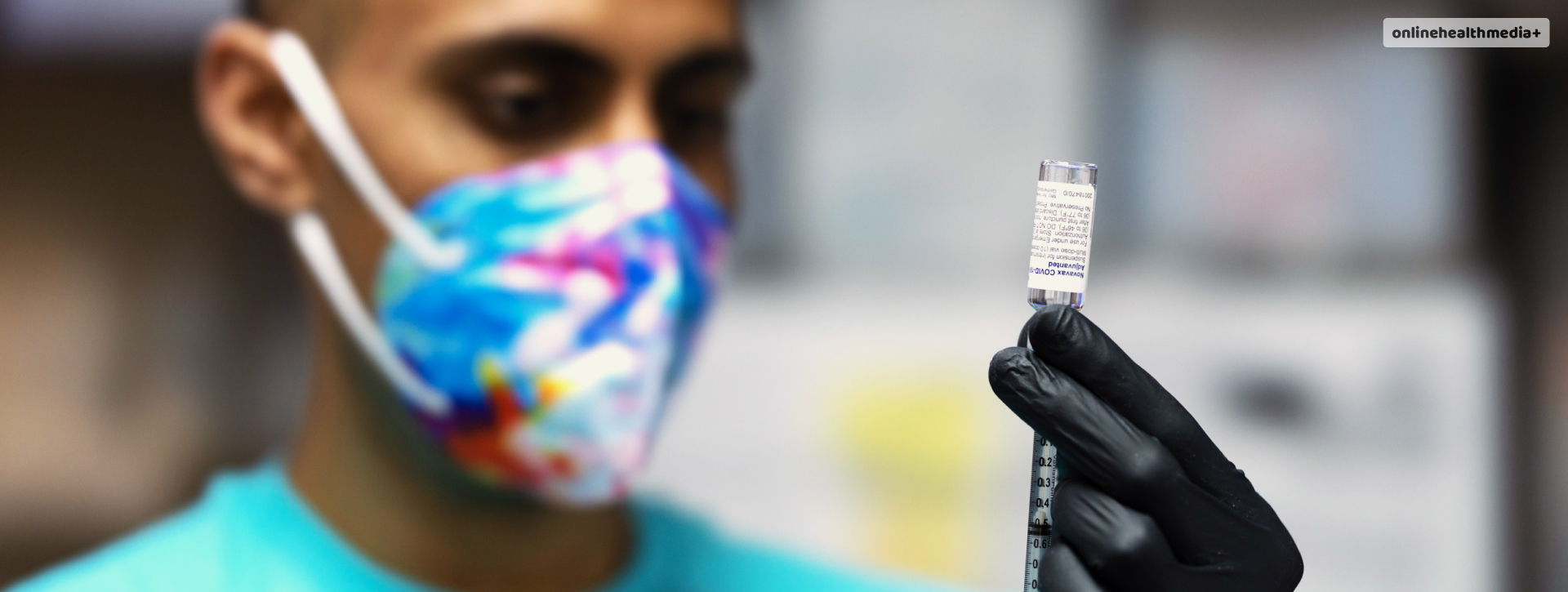Weeks After Rollout, Clinics Do Not Have Updated Covid-19 Vaccines.
While the nation approved updated Covid vaccines weeks ago, many health centers are still waiting for their vaccine shipments (Source: NBC News). Hampering efforts to vaccinate vulnerable populations, including adults and children who are at high risk. The delays raise concerns about the enduring health disparities rooted in racial and economic inequalities.
Cahaba Medical Care, a network of 26 community health clinics in Alabama, has not received a single shipment of the new COVID-19 vaccines since the rollout began in September.
Veronica Ford, a nursing manager at the center, explained that their patients often have underlying conditions that make them more susceptible to severe illness.
The delayed shipments are causing anxiety among healthcare providers, as people who have already received their annual flu shots may be hesitant to return for the Covid vaccine when it eventually arrives.
Community health centers play a crucial role in providing free or low-cost health services, especially to underserved populations. They serve people with low incomes, undocumented immigrants, and communities of color, making them a linchpin in the effort to ensure equitable vaccine access.
However, their dependence on federal funding means they cannot cover vaccine costs independently.
During the pandemic, the federal government purchased and distributed vaccines to these centers. Still, since the government’s financial support has decreased, many health centers have had to turn to programs like the Centers for Disease Control and Prevention’s Bridge Access Program to receive free Covid vaccines.
Unfortunately, this program has faced significant delays in delivering vaccine orders, creating weeks-long wait times for community health centers. Vacheria Tutson, the associate vice president of policy and regulatory affairs at the National Association of Community Health Centers, shared that some health centers have received as few as 100 vaccines through the program.
These delays are a troubling reminder of the enduring health disparities that continue to affect marginalized communities based on factors such as race and class.
It highlights the urgent need to address these disparities and ensure that vaccines are distributed swiftly to those who need them the most.
The delays in vaccine shipments not only jeopardize the safety and well-being of vulnerable individuals but also underscore the importance of maintaining equitable access to healthcare services, including vaccines, during the ongoing pandemic.
Also Read
- Top 10 Best Hair Cream For Men in 2021
- Top 10 Best Treadmill Under 500 Dollars in 2021
- Top 10 Best Waist Trimmer Belt For Men And Women in 2021



